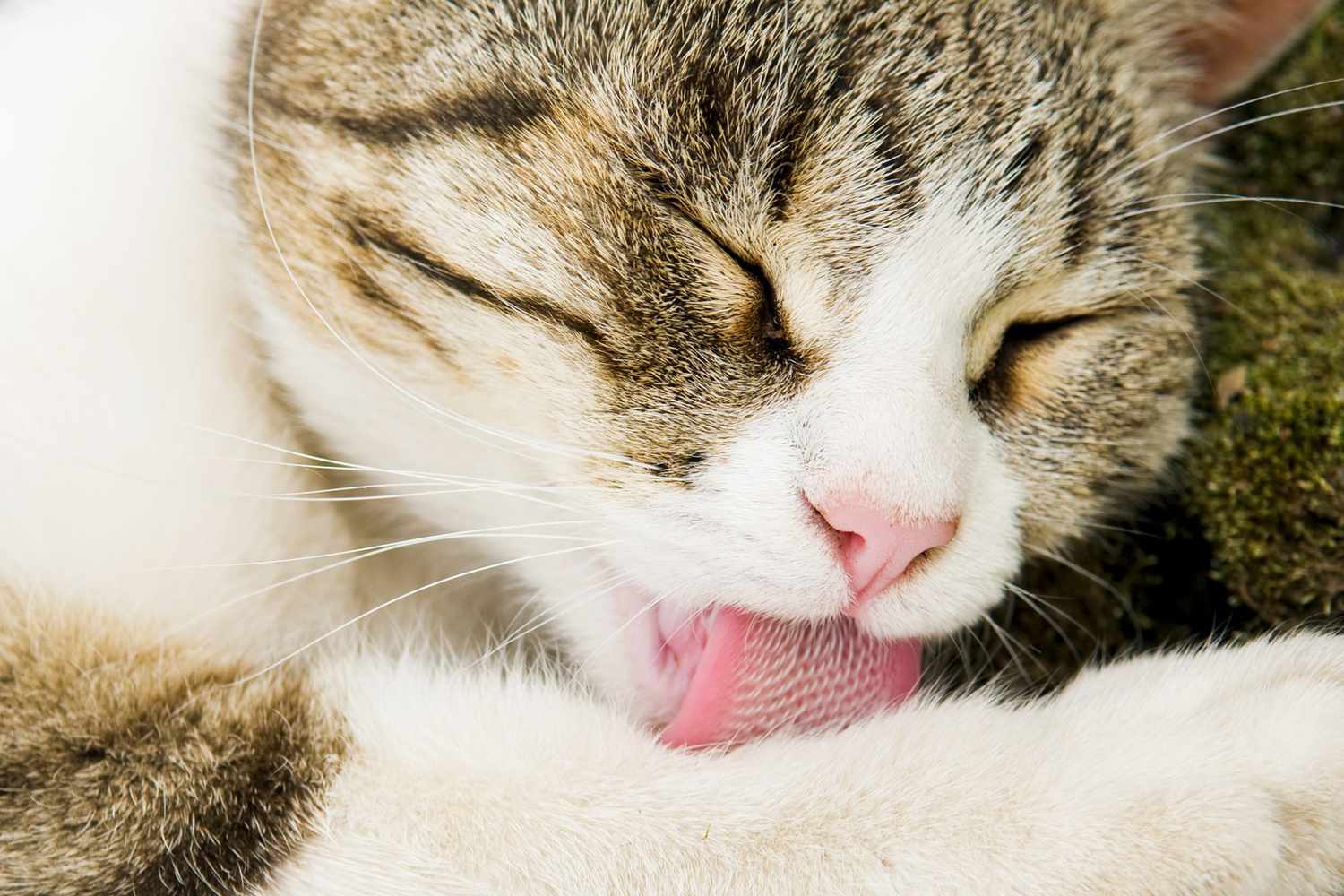Mia Davis is a cat rescue advocate with a passion for sharing stories of rescue cats. She has been volunteering at local shelters for over 15 years. Mia's articles are heartfelt and inspiring, reminding us of the joy and love that rescue cats bring.
Yes, it is indeed possible to suddenly develop an allergy to your cat. While this might seem surprising, especially if you've been living with your feline friend for years without any issues, our bodies and immune systems are constantly evolving. This means that what didn't trigger an allergic reaction before, might do so now.
Let's Unravel the Mystery: Why Am I Suddenly Allergic to My Cat? 🐱
So, what exactly is a cat allergy? It's an immune response to certain proteins found in a cat's skin cells, urine, or saliva. When these allergens come into contact with your body, your immune system may overreact, causing symptoms such as sneezing, itchy eyes, or even hives. It's important to note that it's not the cat's hair itself that causes allergies, but the allergens attached to it.

So, why the sudden change? You may have been sensitized to these allergens over time without showing any symptoms. However, a change in your environment, a weakening immune system, or an increase in your cat's allergen production could trigger the onset of symptoms.
Spotting the Signs: Are You Experiencing Cat Allergy Symptoms? 🤧
Common symptoms of a cat allergy include itchy, red, or watery eyes, nasal congestion, sneezing, coughing, wheezing, and skin rashes. If you're noticing these symptoms, especially after spending time with your cat, an allergy might be the culprit. You can refer to our article on recognizing signs of distress for more information on symptoms.
Recognizing Cat Allergy Symptoms
Test your knowledge about cat allergy symptoms.
Learn more about 🐱 Recognizing Cat Allergy Symptoms Quiz or discover other Cat Mutt quizzes.
Don't Panic, Let's Manage: How to Live Happily with Your Cat Despite Allergies 😺
So, you've developed an allergy. What now? Don't worry, there are several steps you can take to manage your symptoms and continue living happily with your cat.
- Limit Contact: As hard as it may be, try to limit the amount of direct contact you have with your cat. This includes cuddling and allowing your cat to sleep in your bed.
- Clean Regularly: Regular cleaning can help reduce the amount of allergens in your home. This includes vacuuming carpets, washing bedding, and wiping down surfaces.
- Consider Allergy Medication: Over-the-counter antihistamines can help manage mild symptoms. For more severe allergies, prescription medication or allergy shots might be necessary.
- Consult a Professional: If your symptoms persist, it's important to consult with a healthcare provider or allergist. They can provide a proper diagnosis and recommend a treatment plan.
Remember, every person and every cat is unique. What works for one person might not work for another. It's all about finding what works best for you and your feline friend.
Prevention is Key: Can We Outsmart Cat Allergies Before They Start? 🗝️
While there's no surefire way to prevent cat allergies, there are measures you can take to reduce your risk. Regular cleaning, using a HEPA air purifier, and even washing your cat regularly (if they tolerate it) can help. You can also consider hypoallergenic cat breeds if you're planning to adopt a new feline friend.
Living with a cat allergy can be challenging, but with awareness and proper management, it's entirely possible to continue sharing your life with your beloved pet. Always remember, your health comes first. If your symptoms are severe, seek professional medical advice.
For more information on managing cat allergies, you can check out our detailed guide on natural ways to get rid of cat allergies.
Have you ever suddenly developed an allergy to your cat?
Share your experience with us. Your response will help us understand better how common cat allergies can develop unexpectedly.















